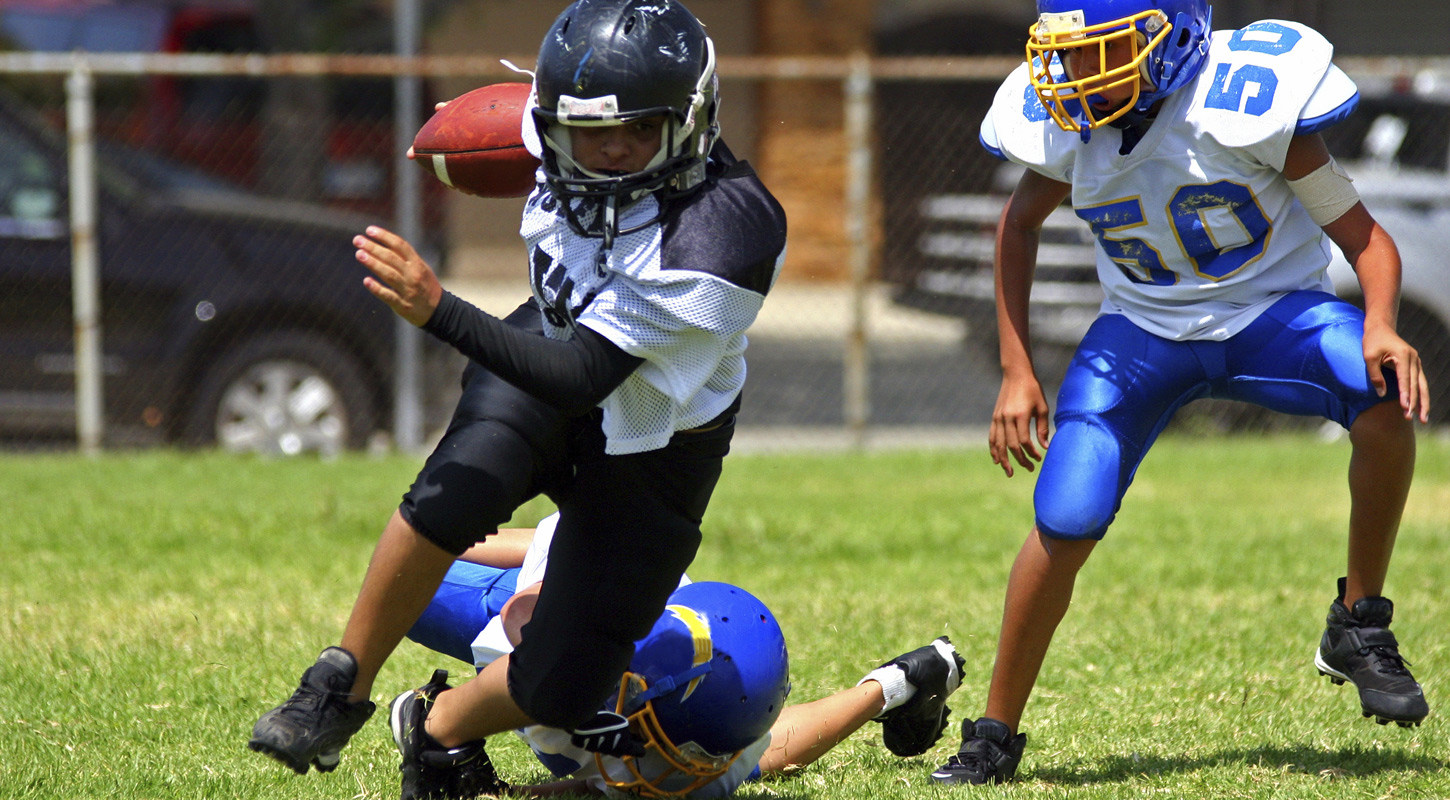How to Tell If Your Child Has a Concussion

A concussion is one of the most common sports injuries that children experience, especially in high-contact sports like football, hockey, and soccer. Concussions occur when the blood vessels and nerves inside the brain are injured. While it may not seem like an extremely dangerous injury, it is important to watch your child for signs of a concussion regardless of how he or she feels. Not knowing what to look for and not taking the right precautions with this kind of injury can lead to serious consequences.
If your child experienced a head injury while playing sports, keep an eye out for the following symptoms that could be a sign of a concussion:
- Blurry vision
- Difficulty walking
- Loss of consciousness
- A severe headache that continues to get worse
- Slurred speech, confusion, or saying things that do not make sense
- Unresponsiveness
What to do if your child shows a sign of a concussion
Once you’ve identified one or more of these symptoms, it is important to take your child to the emergency room right away. If you notice vomiting, dizziness, mild headaches, or difficulty concentrating, call your pediatrician for advice on what to do next. Remember that symptoms of a concussion may not appear until 24 to 72 hours after the incident; it is a concussion myth that they always appear right away.
When a concussion is diagnosed, treatment options depend on how severe it is. For serious concussions, hospitalization may be required. In most cases, your doctor will provide guidelines for home care. These include:
- No sports or physical activities until the concussion is healed
- No activities that would require a lot of thinking, such as using a computer, reading, doing homework, or playing games
- Staying hydrated and eating properly, but avoiding caffeinated beverages
- Avoiding bright lights and loud noises
- No driving
Once enough time has passed and the concussion has healed, it is still imperative to get permission from your doctor before allowing your child to go back to playing sports.
If you have questions about head injuries like concussions or other sports-related injuries, speak with your doctor for more information.
